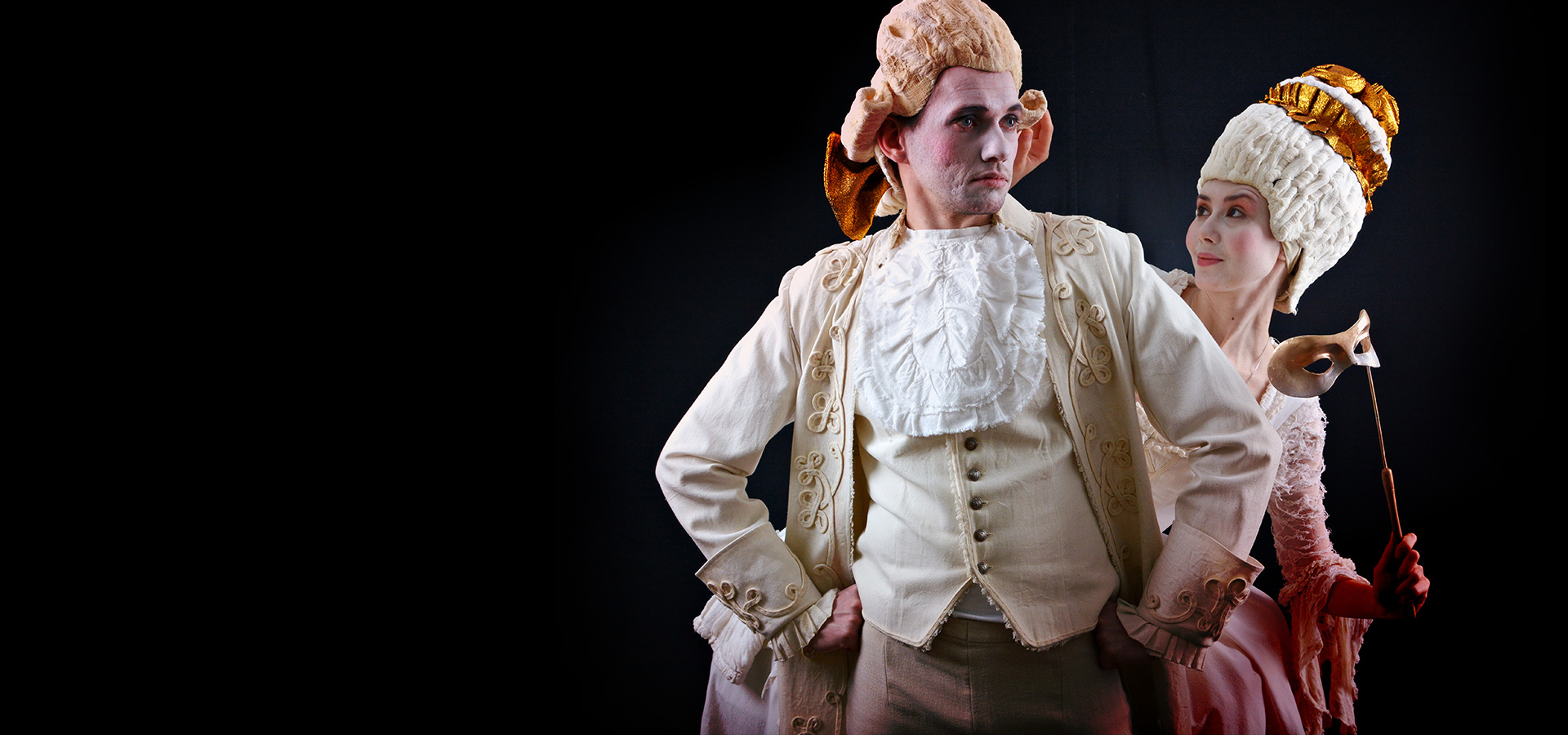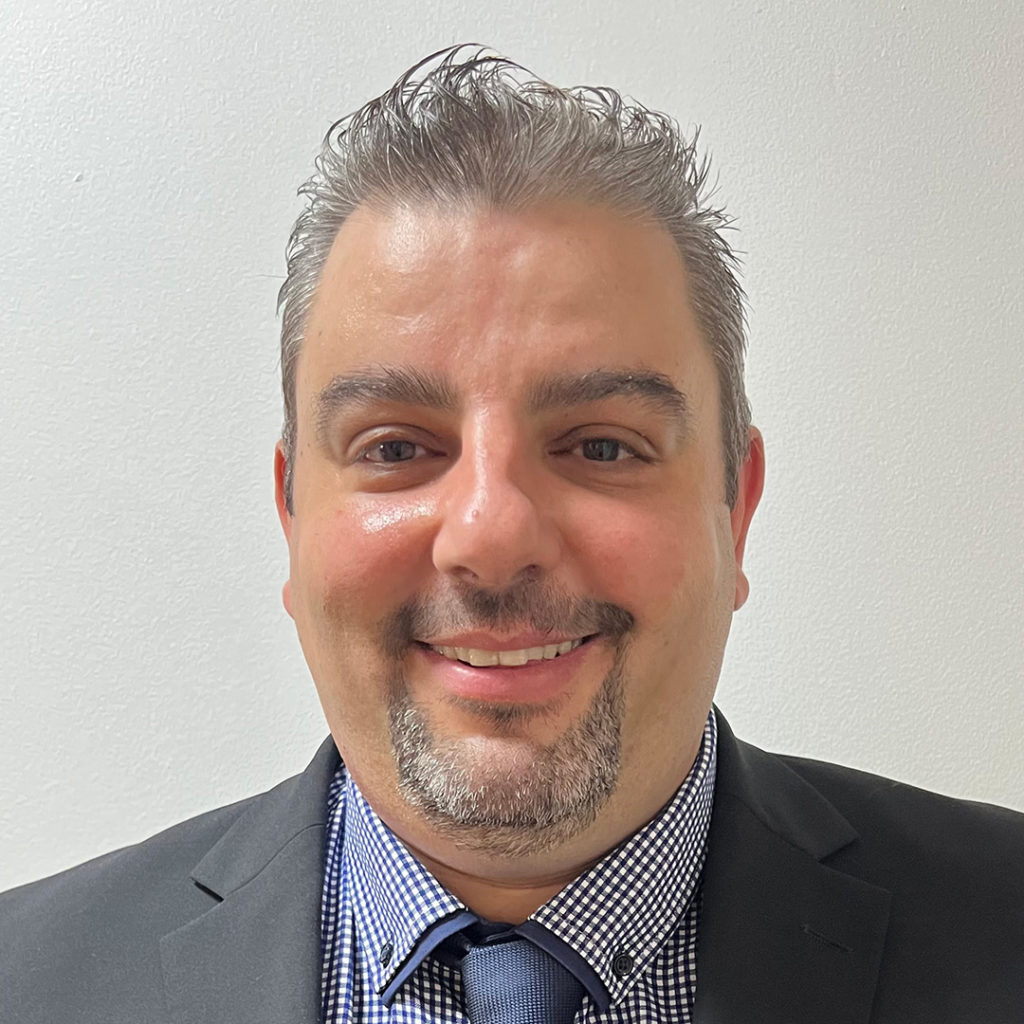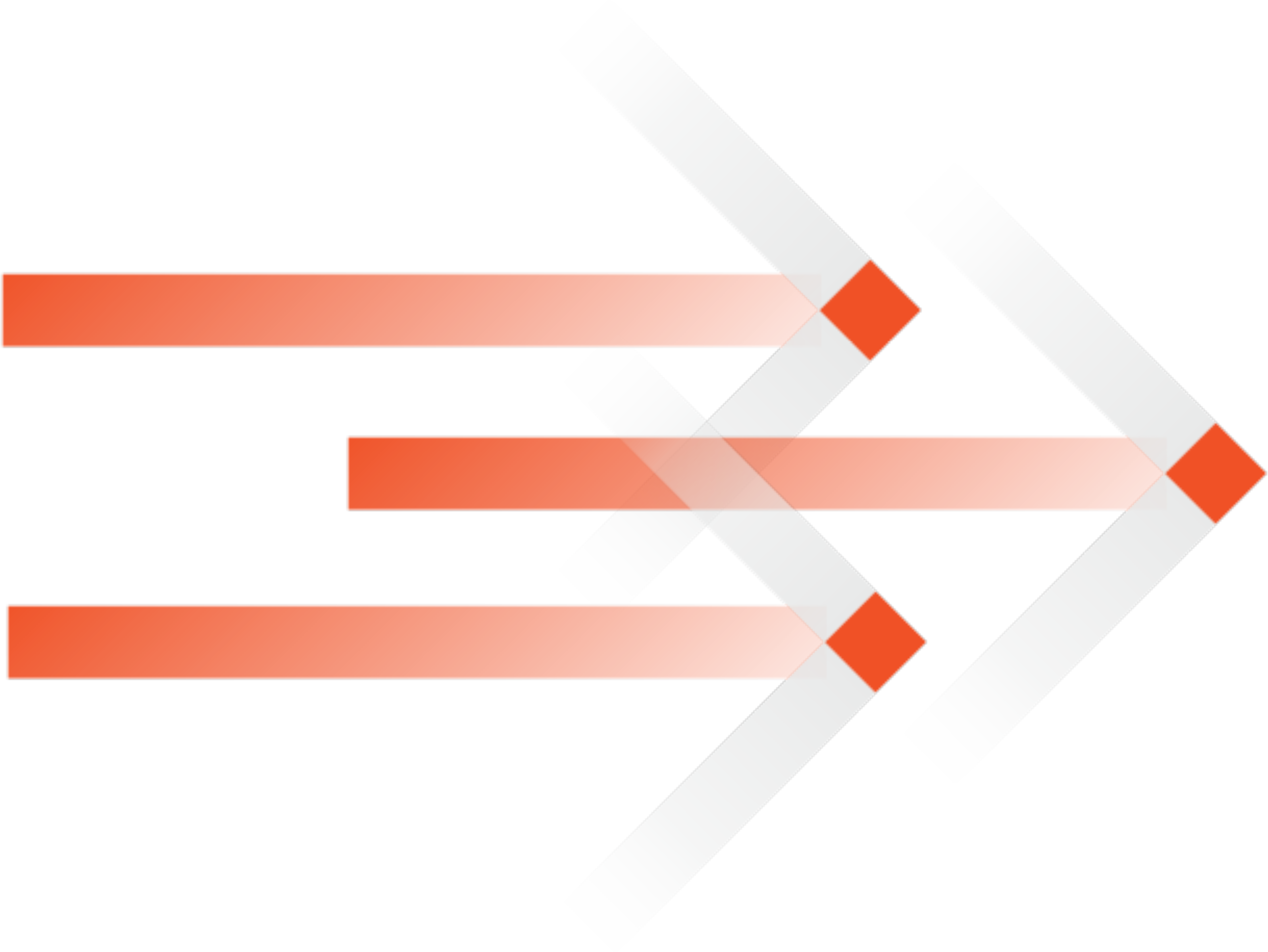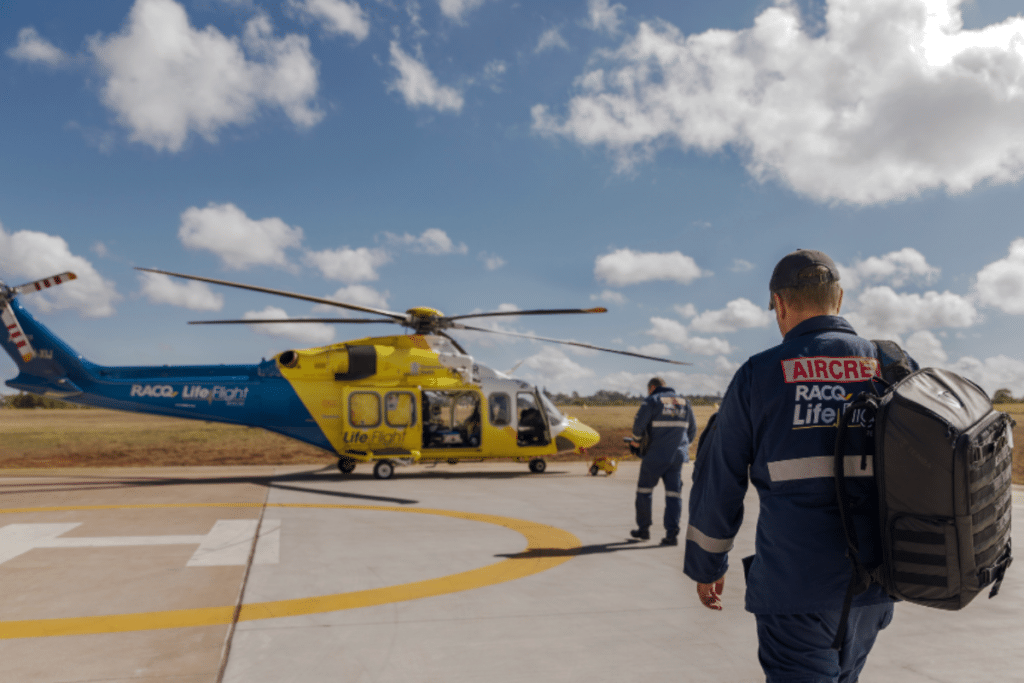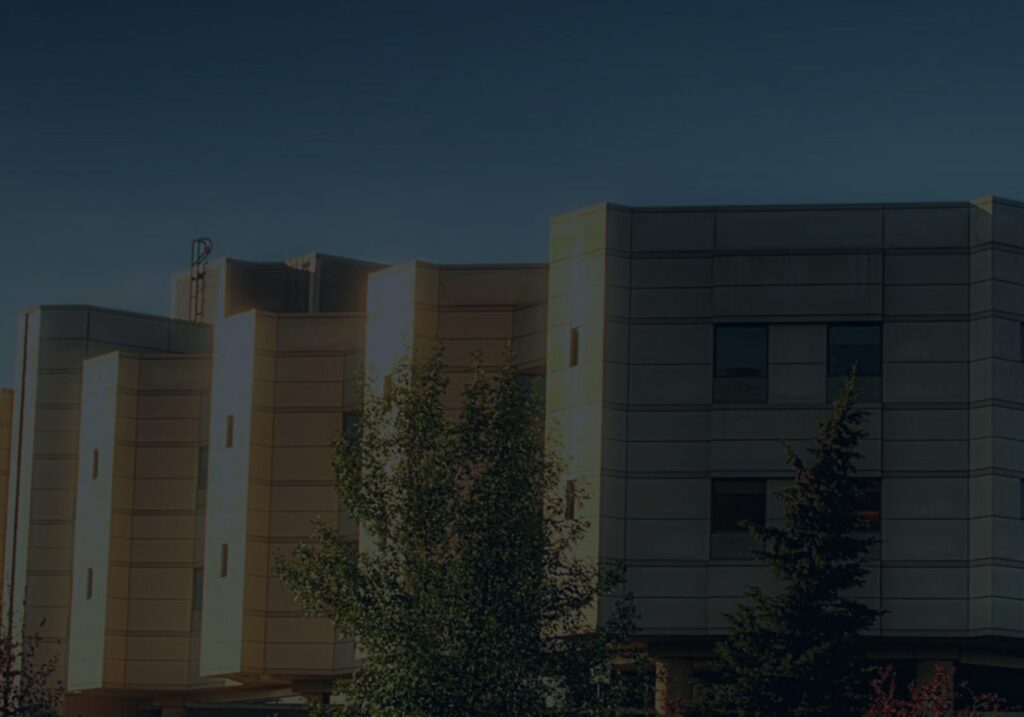Founded in 1956, Opera Australia is the nation’s principal opera company, presenting more than 600 performances each year. As well as serving its dedicated subscriber base, Opera Australia introduces thousands of new people to the art each year through innovative productions, such as the now iconic Handa Opera on Sydney Harbour.
A program of transformation
In 2019, under John Horn’s leadership, Opera Australia appointed Rasim Ustun as their ICT Manager. In consultation with the organisation, Mr. Ustun developed a 3-year IT transformation strategy. This was in response to the realisation that the IT and communications platforms supporting Opera Australia had become outdated and inflexible. In addition, the new IT department had realised that its technology service level requirements were not being met by its existing managed service provider, with their levels of support falling short of what the company required to ensure smooth ongoing operations.
Essentially, Opera Australia had ‘outgrown’ its existing partner and needed a more dynamic relationship with a strategic IT partner to ensure that ongoing investment in IT remained in lockstep with its business vision.
The success mid-size organisations are having is significantly enhanced if their business vision and IT are aligned. According to Gartner, aligning IT with a business’s strategy is achieved through the ‘five capabilities of alignment,’ which focus on great leadership, disciplined IT investment, compelling vision, and a continuous 3-5-year plan that’s supported by a strategic relationship with your technology partner.
With Tecala’s support, Opera Australia has been able to turn their IT into a platform for enabling change, which has resulted in being able to adapt faster and drive continual optimisations to accelerate business growth. Through the pandemic, this helped ensure the organisation’s survival.
Over the course of the three-year engagement, Opera Australia had started consultations within the organisation, to understand the key stakeholders’ requirements, their concerns, as well as analysis of their employee’s requirements from technology.
One of the main challenges identified by the Opera Australia team through this process was that its existing technology platforms lacked innovation to enable an efficient and flexible environment. And with research also showing that people in the organisation had very ‘little trust in IT’ and its capabilities, Opera Australia needed a partner who could provide state of the art IT systems and platforms, while delivering support that could earn the organisation’s trust.
Over the past few years, Tecala has been focusing on developing dynamic modern workplaces for its clients. These are environments where the business systems, operations and platforms have been successfully designed and implemented to meet the physical, technological, and cultural needs of the people and the organisation as a whole.
With people being one of the most powerful forces for innovation in any organisation, ensuring they receive the best possible experiences from IT starts with understanding how the business’s employees and clients operate, interact, communicate, and collaborate on a daily basis. From a technology point of view, it then means empowering them with the things they need to do all the above in the most enjoyable, effortless, and productive way possible.
“We realised we had to make some significant changes to our infrastructure to ensure it would be able to support our future plans,” says Rasim Ustun, ICT Manager, Opera Australia. “We set about looking at a range of alternatives to establish what would be the best fit for the organisation.”

